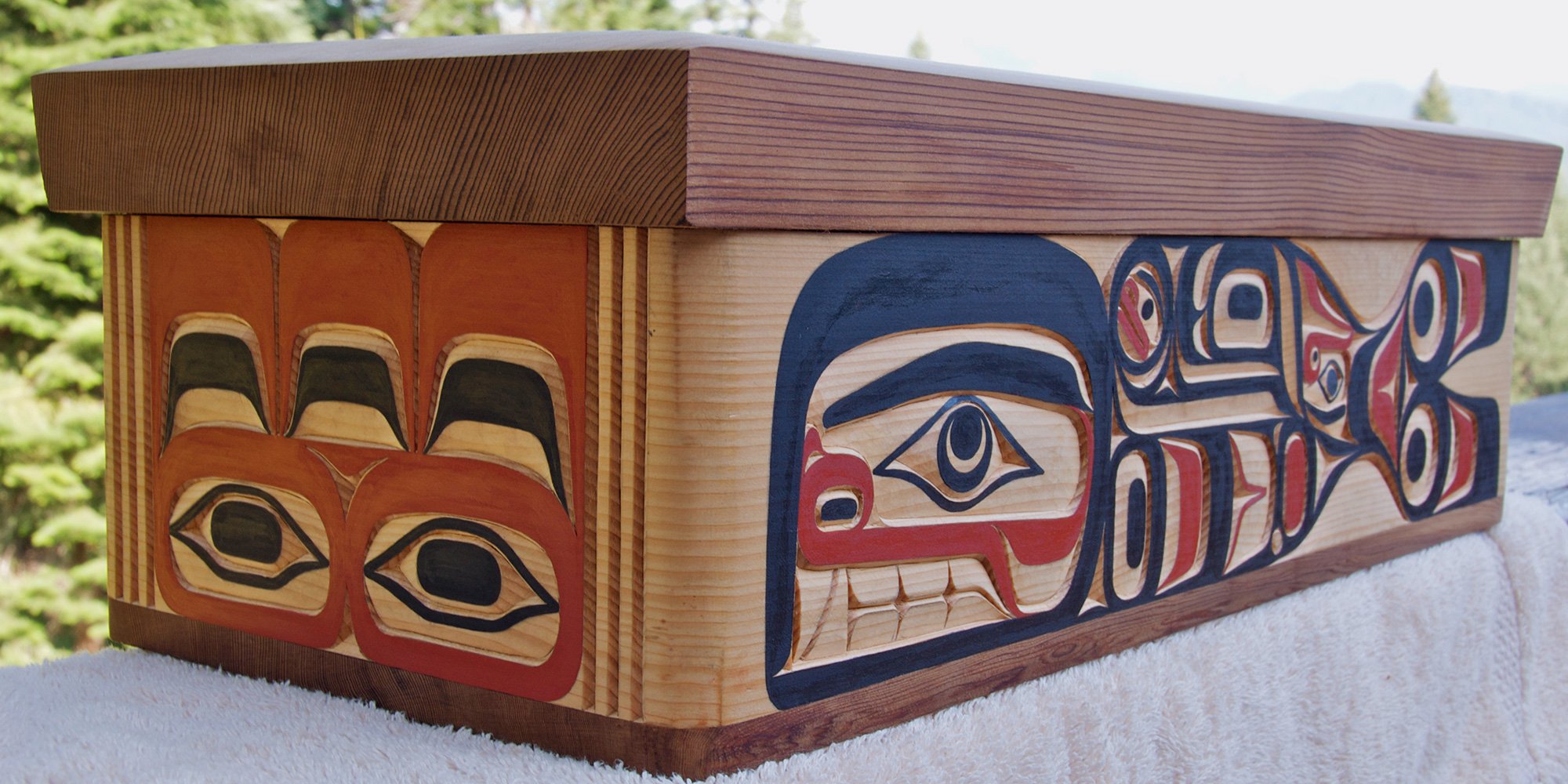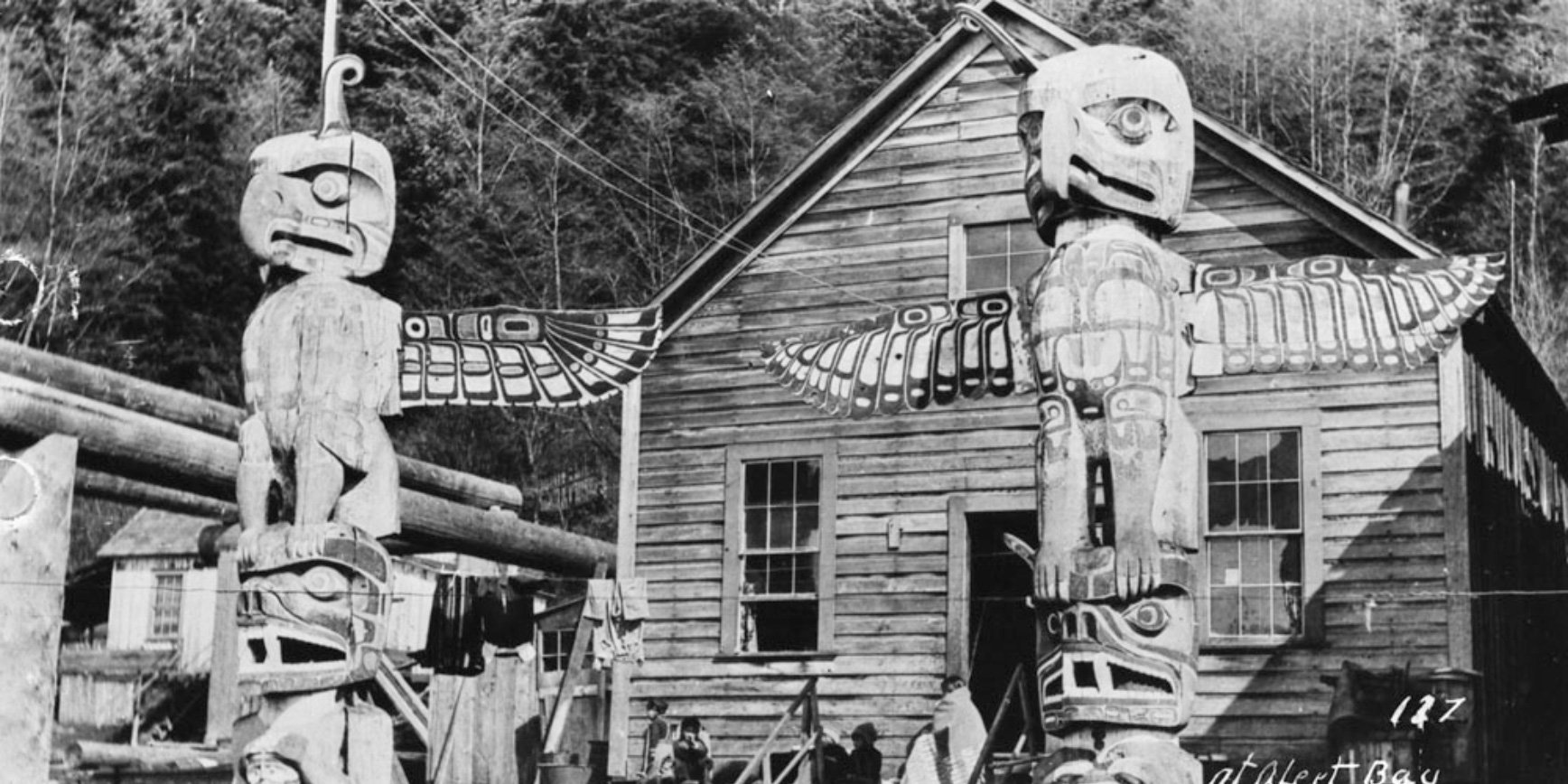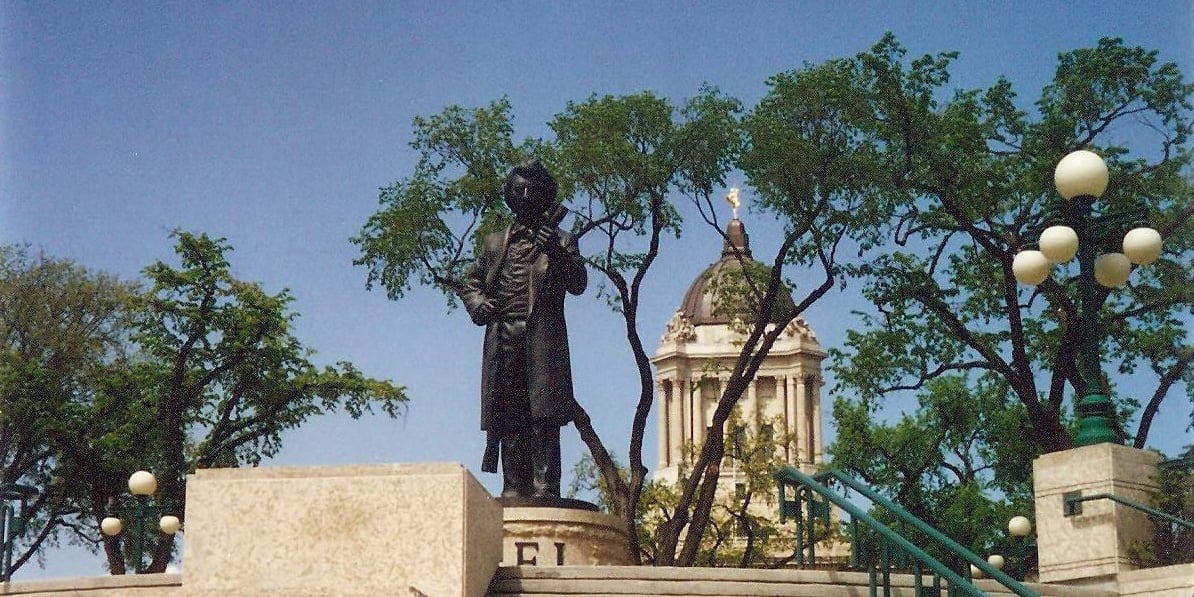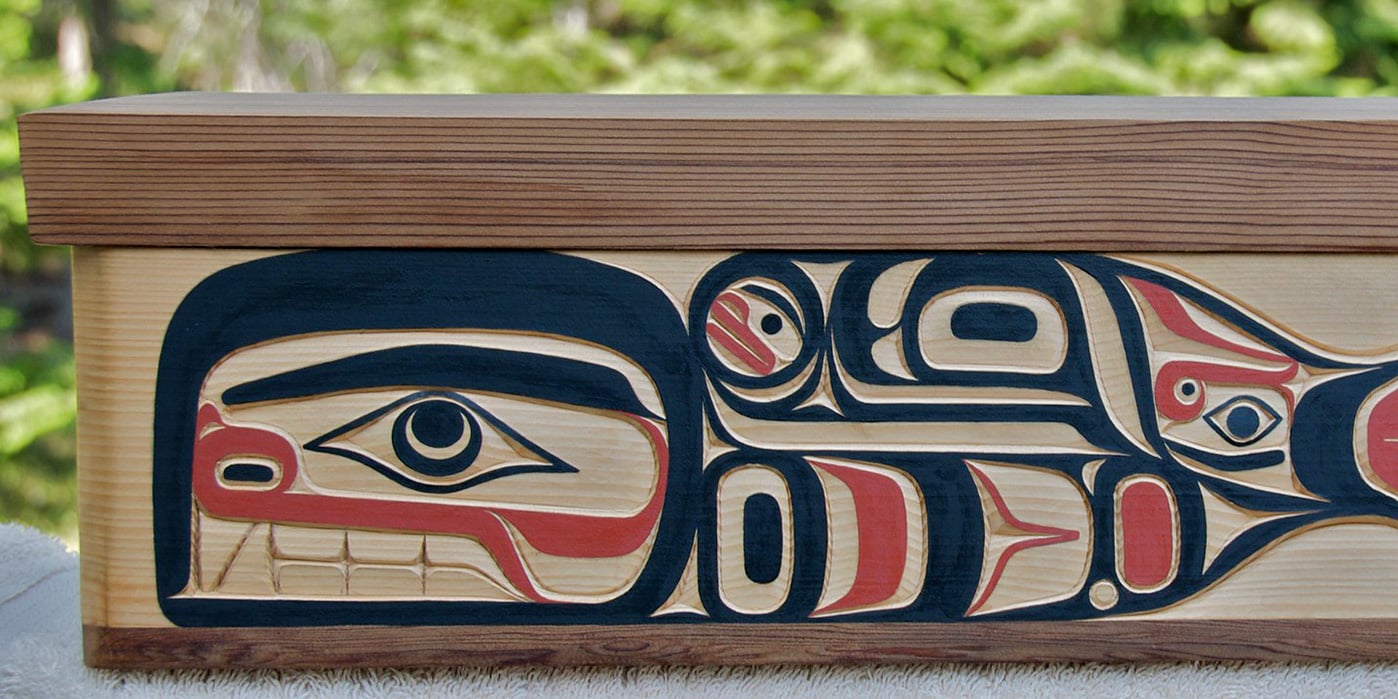Canada’s Complicated History with First Nation Totem Poles
Canada has a complicated history with the totem pole. Totems have been misunderstood, coveted, stolen, quashed, copied, and celebrated. The first...

Haida Bentwood boxes were made in many different sizes in the old days, with various types of wood being used depending on the purpose of the box but typically red cedar was used as it is the most versatile. The boxes are made from a single plank which is steamed until pliable and then bent and the two ends are pegged together.
Very large bentwood boxes were used as boom boxes (drums) in dance performances and when not in use, these would store the dance regalia.
Large boxes were used to store clothing in, and medium boxes were used for many different purposes - some were even used to cook in.
To use a box for cooking, the cook would first put in all the main ingredients for seafood soup, then add the water and any extra ingredients. While the ingredients were being prepared, someone else would be heating up rocks until they were glowing, and then they would be added to the water-tight bentwood box, and voila, you have instant hot soup or stew.
Some of the smaller Haida Bentwood boxes were made to carry water, dried salmon, halibut, fruit, and many of the other foods the Haida would need for their long journeys in their dugout canoes.
Some boxes were made for burial purposes. Chiefs and people of high esteem were placed in these bentwood burial boxes, and put up in a burial (mortuary) pole, when ready to pay respect to those who've gone on to the other side.
 Thanks to Andy Wilson of the Haida Nation for sharing this picture and knowledge about Haida Bentwood Boxes with us.
Thanks to Andy Wilson of the Haida Nation for sharing this picture and knowledge about Haida Bentwood Boxes with us.
By the way, the contemporary Bentwood box pictured here has the following dimensions, 16" x 30" x 12" and it is crafted out of red cedar. The Haida artist is Steve Collinson of Skidegate. Steve Collinson, a friend of Andy Wilson, began as an apprentice with Andy as part of a project when they were making the big bentwood boxes for the Haida Heritage Centre and for the Chiefs of the Haida Nation. Steve Collinson has gone on to be a very successful artist both in the traditional art of making bentwood boxes and painting Haida designs on the boxes.
Here's an article on the repatriation work Andy did for the Haida Nation.
Are you looking to learn more about Indigenous peoples, including their history and culture? Our Indigenous Awareness training is a great place to start.
Featured photo: Bentwood box by Kwakwaka’wakw artist Bruce Alfred. Photo: A.Davey, Flickr

Canada has a complicated history with the totem pole. Totems have been misunderstood, coveted, stolen, quashed, copied, and celebrated. The first...

In Manitoba, Louis Riel Day is the third Monday in February and is a provincial holiday (first celebrated in 2008) - this date does not coincide with...

Chief Beau Dick, or Gigame’ ‘Walas Gwa’yam, was born on November 23, 1955, and passed away, far too soon, on March 27, 2017. He was a world-renowned...